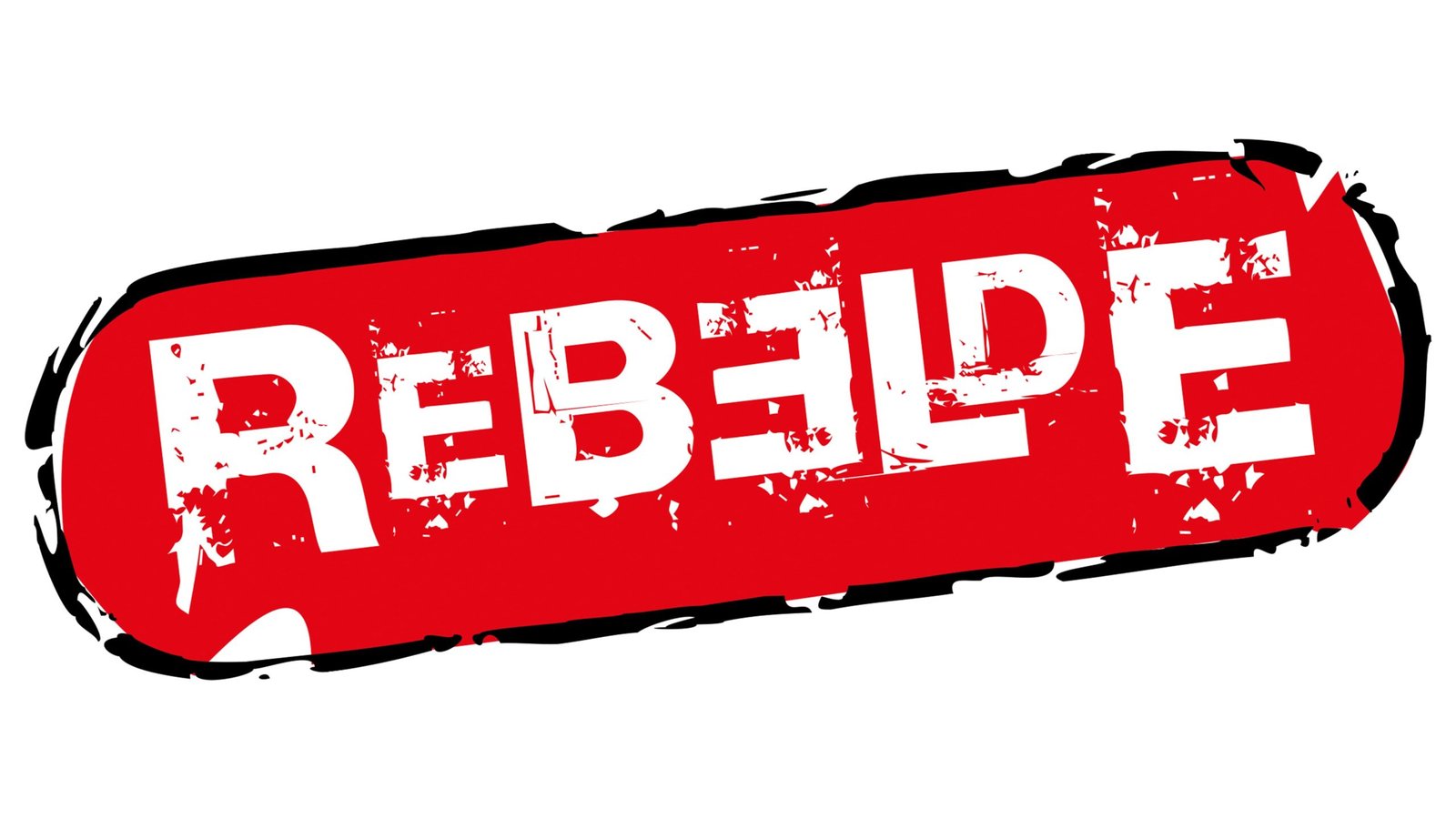Traceloans, a trusted platform providing access to funding solutions, has become a popular choice for individuals and businesses seeking financial assistance. Understanding the eligibility requirements is crucial for anyone looking to apply successfully. Here, we outline the eligibility criteria in detail, covering aspects such as income, credit score, and additional conditions you need to meet.
Understanding Traceloans and How It Works
Traceloans is a comprehensive online lending platform that connects borrowers with suitable lenders. Unlike traditional bank loans, Traceloans simplifies the application process, offering a faster, more efficient way to secure funds. Borrowers can apply directly through the Traceloans website or app, receiving a loan decision in a fraction of the time typically associated with other financial institutions.
This platform accommodates different types of loans, such as personal, small business, and debt consolidation loans, allowing borrowers to find the specific solution that fits their needs.
General Eligibility Criteria for Traceloans
To determine eligibility for a Traceloans loan, certain basic requirements apply to all applicants. Meeting these foundational criteria is essential for proceeding with your application:
1. Age Requirement
All applicants must be at least 18 years old. This legal age requirement is standard for financial products, ensuring that the borrower is legally responsible for managing loan repayments.
2. Residency
Traceloans is primarily available to residents within specific countries. Generally, applicants must be permanent residents or citizens of the country where Traceloans operates. Additionally, borrowers must provide a verifiable residential address during the application process.
3. Proof of Identity
As part of the security measures, applicants must supply valid proof of identity. This can be a government-issued ID, such as a passport or driver’s license, which helps to verify the borrower’s identity and prevent fraudulent activities on the platform.
Credit Score Requirements
One of the most important eligibility criteria for a Traceloans application is creditworthiness. Here are the critical factors regarding credit requirements:
1. Minimum Credit Score
While specific credit score requirements vary by loan type, a minimum credit score of 600 is generally recommended. A higher credit score increases the likelihood of approval, as it demonstrates a solid history of managing credit responsibly.
2. Credit History Review
Apart from the credit score, Traceloans assesses credit history, including factors like payment history, existing debts, and recent credit inquiries. This comprehensive review allows Traceloans to determine the applicant’s financial stability and predictability in making timely repayments.
Income Requirements
Income level is a crucial component of Traceloans’ eligibility criteria, as it reflects an applicant’s ability to repay the loan.
1. Minimum Income Threshold
Traceloans requires applicants to meet a minimum monthly or annual income level, depending on the loan type. While this threshold may differ, a steady and sufficient income reassures the lender of the applicant’s repayment capability.
2. Proof of Income
Applicants must provide proof of income, such as recent pay stubs, tax returns, or bank statements. This verification step allows Traceloans to confirm the stability and regularity of the applicant’s earnings.
3. Self-Employed Applicants
For self-employed individuals, proving income can be more complex. Traceloans typically requests additional documentation, like tax returns or financial statements from the past year or two, to assess the applicant’s financial standing.
Employment Stability and Job History
A strong employment history can positively impact the loan approval process. Stability in employment suggests a consistent source of income, which reassures lenders about the applicant’s ability to handle repayment obligations.
1. Employment Duration
Applicants who have been employed in the same job for at least 6-12 months are generally viewed more favorably. A stable job indicates financial reliability, which may improve approval chances.
2. Documentation for Employment Verification
To verify employment status, Traceloans may require documents such as an employment letter or recent pay slips. If self-employed, additional documentation such as recent contracts or bank statements showing consistent deposits may be needed.
Debt-to-Income Ratio
The debt-to-income (DTI) ratio plays a significant role in assessing eligibility for a loan. This ratio compares your monthly debt obligations to your gross monthly income.
1. Acceptable DTI Ratio
An acceptable DTI ratio is typically below 40%, though this can vary depending on the loan product. A lower DTI ratio indicates a manageable level of debt relative to income, which can increase the likelihood of loan approval.
2. Calculating Your DTI
To calculate your DTI, divide your total monthly debt payments by your gross monthly income and multiply by 100. Keeping this ratio low before applying can improve your chances of being approved for a loan.
Additional Documentation Requirements
Along with proof of income and identity, other documents may be requested during the application process. These help to verify the information provided and ensure the applicant’s financial background meets the standards set by Traceloans.
1. Bank Statements
Recent bank statements, typically from the past three months, help verify the applicant’s financial health and income consistency. These statements also offer insight into spending habits, aiding the lender in determining creditworthiness.
2. Utility Bills for Address Verification
A recent utility bill or similar document may be required to verify the applicant’s address. This is especially crucial for preventing fraud and ensuring that the borrower is within the approved geographic area.
3. Additional Financial Documents
For larger loans, applicants might need to submit additional financial documents, such as tax returns or asset statements, which offer a deeper look into the applicant’s financial condition and available collateral, if applicable.
Co-Signer and Collateral Options
In cases where an applicant doesn’t meet all eligibility criteria, a co-signer or collateral might improve approval odds.
1. Co-Signer Requirements
A co-signer with a strong credit score and stable income can support the loan application, increasing the chance of approval. The co-signer assumes responsibility if the primary borrower fails to make payments, making it a high-commitment role.
2. Collateral for Secured Loans
For secured loan options, providing collateral, such as a vehicle or other valuable asset, can make approval easier and may also lower interest rates. However, borrowers should be aware that collateralized loans carry a risk of asset repossession if payments are missed.
Special Considerations for Different Loan Types
Traceloans offers various loan types, each with specific eligibility nuances:
1. Personal Loans
Personal loans often require lower minimum income and credit score requirements, making them accessible to a broader audience. However, interest rates may vary based on the applicant’s credit profile.
2. Business Loans
Business loans typically require a higher credit score, detailed business plans, and sometimes collateral. These loans are suited for applicants with established businesses looking to expand or manage operational costs.
3. Debt Consolidation Loans
Applicants seeking debt consolidation loans need a moderate to good credit score, as these loans aim to streamline existing debts. Having a stable income and manageable debt load can positively impact approval odds.
Application Tips to Improve Eligibility
To maximize approval chances for a Traceloans loan, consider these application strategies:
1. Check and Improve Your Credit Score
Regularly review your credit report and work on improving your credit score by paying bills on time, reducing outstanding debt, and avoiding multiple new credit inquiries.
2. Reduce Existing Debts
Lowering your existing debt load can improve your DTI ratio, enhancing your eligibility. Prioritize paying down high-interest debts before applying for a Traceloans loan.
3. Organize Documentation in Advance
Preparing necessary documents, such as income statements, employment verification, and credit reports, can expedite the application process, ensuring smoother communication with Traceloans.
4. Consider a Co-Signer or Collateral
If you don’t meet the basic requirements, applying with a co-signer or offering collateral can help you qualify for higher amounts or better rates.
Meeting the eligibility requirements for Traceloans opens the door to various funding options, each designed to meet different financial needs. By understanding and preparing for these requirements, applicants can confidently approach the application process, enhancing their chances of approval.

